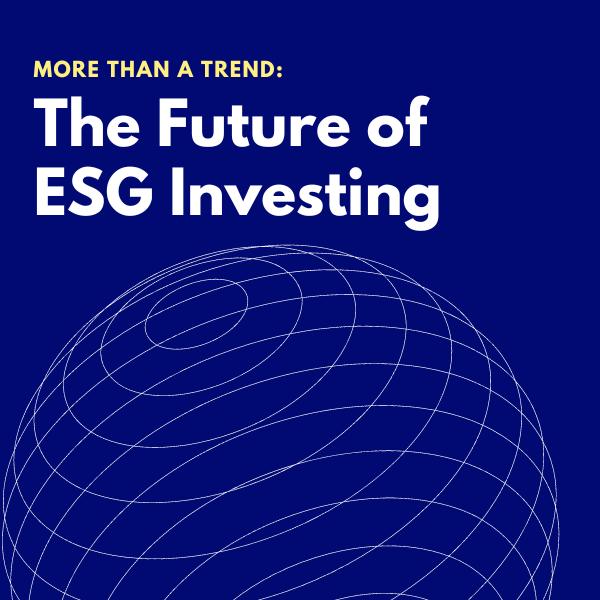
- nripage
- 19 Apr 2024 10:13 AM
- Money & Investments
Investing with Purpose: The Rise of ESG Criteria in Investment Decision-Making
In today's investment landscape, Environmental, Social, and Governance (ESG) criteria are taking center stage as investors recognize the importance of aligning their financial goals with broader sustainability and ethical considerations. ESG investing entails evaluating companies based on their environmental impact, social responsibility, and corporate governance practices, with the aim of generating positive outcomes for both investors and society at large.

Increasingly, investors are prioritizing ESG factors in their decision-making processes, recognizing that companies committed to sustainability and ethical conduct are better positioned for long-term success. By integrating ESG criteria into investment analysis, investors can identify companies that not only deliver financial returns but also demonstrate a commitment to mitigating environmental risks, fostering social inclusivity, and upholding high standards of corporate governance.
ESG investing offers numerous benefits beyond financial returns. By allocating capital to companies with strong ESG performance, investors can drive positive change, influence corporate behavior, and address pressing societal and environmental challenges. Moreover, companies that prioritize ESG considerations are often better equipped to manage risks, attract top talent, and build resilient business models capable of navigating the complexities of a rapidly evolving global landscape.
As the momentum behind ESG investing continues to swell, it has evolved from a niche approach to mainstream investment strategy. Institutional investors, asset managers, and individual investors alike are incorporating ESG considerations into their portfolios, signaling a fundamental shift towards more conscientious and sustainable investment practices.
In essence, ESG investing represents a holistic approach to investment management, where financial returns are intertwined with environmental stewardship, social responsibility, and sound governance practices. By embracing ESG principles, investors have the opportunity to not only achieve their financial objectives but also contribute to a more sustainable and equitable future for generations to come.










































